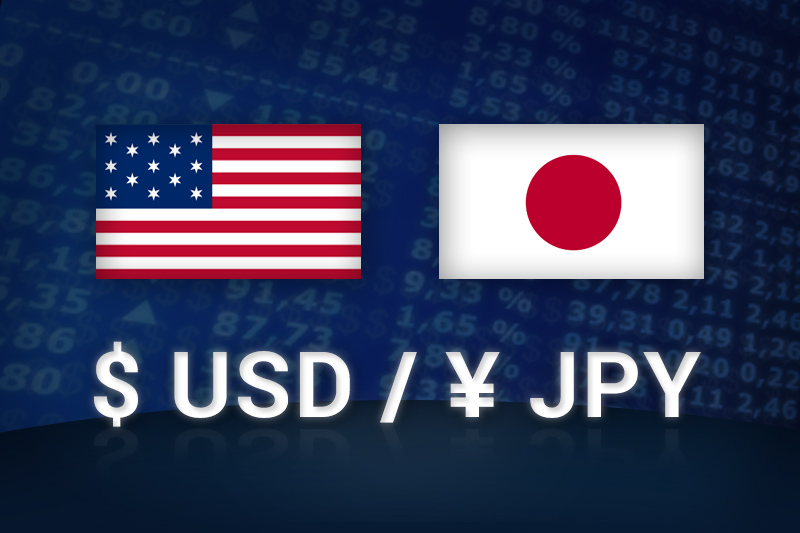Investing.com - The yen strengthened against the dollar in early Asian trade on Tuesday ahead of the publication of the minutes of the Bank of Japan's most recent policy meeting,
.
USD/JPY traded at 101.57, down 0.11%, in a range of 101.59 - 101.73 head of the release at 0850 local time (2350 GMT).
AUD/USD traded at 0.9168, up 0.06%, after remarks by Reserve Bank of Australia Deputy Governor Philip Lowe suggesting greater public-private infrastructure spending would, over the medium term, help rebalance the country's economy away from a resources investment boom set to wane.
Overnight, the dollar advanced against most major currencies after Iran agreed to halt its nuclear ambitions in a multilateral accord, which sparked relief buying for the U.S. currency as well as risk-on asset classes elsewhere.
Iran's decision to rein in its nuclear ambitions enticed investors out of safe-haven yen and other positions on Monday and sparked demand for the dollar, which tends to edge lower when U.S.-Iranian tensions flare up.
Weekend talks among the U.S., Russia, China, Britain, Germany, France and Iran ended in agreement that halted advancements in Iran's nuclear program in exchange for easing economic sanctions against Tehran.
Under the terms of the agreement, Iran will stop enriching uranium beyond 5%, and neutralize its stockpile of uranium enriched beyond that point.
Tehran will also grant more access to its facilities to nuclear inspectors in exchange for no new sanctions for six months.
Iran will also receive sanctions relief worth approximately USD7 billion in trade on oil, auto and airplane parts, gold and precious metals for six months.
Trade sanctions slapped on Iran due to its alleged nuclear ambitions have taken out more than 1 million barrels of oil per day from the global market in the past two years.
World powers have accused Iran of using its nuclear program to secretly develop nuclear weapons, an assertion the country has consistently denied.
The news offset otherwise bearish data for the dollar in the U.S. housing sector that revealed pending home sales fell unexpectedly in October.
In a report, the National Association of Realtors said its pending home sales index declined by a seasonally adjusted 0.6% in October, disappointing market expectations for a 1.3% gain.
Year-on-year, pending home sales fell at annualized rate of 2.2% last month, outpacing expectations for a 1% decline after rising 2% in September.
The U.S. dollar index, which tracks the performance of the greenback versus a basket of six other major currencies, was at 80.95, down 0.01%.
On Tuesday, the U.S. is to produce data on building permits, a leading indicator of future construction activity as well as a report on housing starts. The nation is also to release private sector data on consumer confidence and house price inflation.
.
USD/JPY traded at 101.57, down 0.11%, in a range of 101.59 - 101.73 head of the release at 0850 local time (2350 GMT).
AUD/USD traded at 0.9168, up 0.06%, after remarks by Reserve Bank of Australia Deputy Governor Philip Lowe suggesting greater public-private infrastructure spending would, over the medium term, help rebalance the country's economy away from a resources investment boom set to wane.
Overnight, the dollar advanced against most major currencies after Iran agreed to halt its nuclear ambitions in a multilateral accord, which sparked relief buying for the U.S. currency as well as risk-on asset classes elsewhere.
Iran's decision to rein in its nuclear ambitions enticed investors out of safe-haven yen and other positions on Monday and sparked demand for the dollar, which tends to edge lower when U.S.-Iranian tensions flare up.
Weekend talks among the U.S., Russia, China, Britain, Germany, France and Iran ended in agreement that halted advancements in Iran's nuclear program in exchange for easing economic sanctions against Tehran.
Under the terms of the agreement, Iran will stop enriching uranium beyond 5%, and neutralize its stockpile of uranium enriched beyond that point.
Tehran will also grant more access to its facilities to nuclear inspectors in exchange for no new sanctions for six months.
Iran will also receive sanctions relief worth approximately USD7 billion in trade on oil, auto and airplane parts, gold and precious metals for six months.
Trade sanctions slapped on Iran due to its alleged nuclear ambitions have taken out more than 1 million barrels of oil per day from the global market in the past two years.
World powers have accused Iran of using its nuclear program to secretly develop nuclear weapons, an assertion the country has consistently denied.
The news offset otherwise bearish data for the dollar in the U.S. housing sector that revealed pending home sales fell unexpectedly in October.
In a report, the National Association of Realtors said its pending home sales index declined by a seasonally adjusted 0.6% in October, disappointing market expectations for a 1.3% gain.
Year-on-year, pending home sales fell at annualized rate of 2.2% last month, outpacing expectations for a 1% decline after rising 2% in September.
The U.S. dollar index, which tracks the performance of the greenback versus a basket of six other major currencies, was at 80.95, down 0.01%.
On Tuesday, the U.S. is to produce data on building permits, a leading indicator of future construction activity as well as a report on housing starts. The nation is also to release private sector data on consumer confidence and house price inflation.
